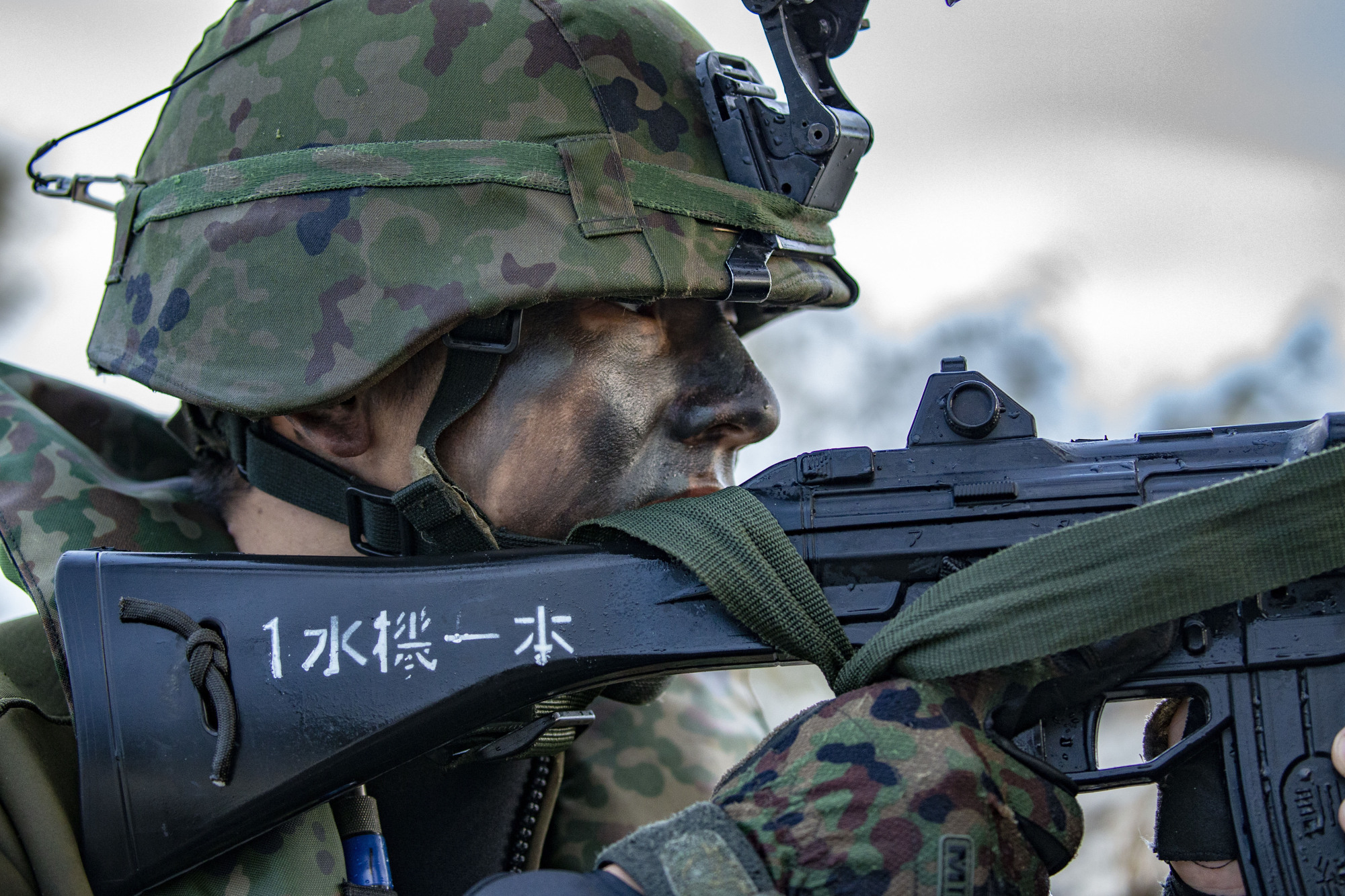The Japan-South Korea relationship is continuing its downward spiral. Both sides appear to be glancing sideways at the United States in the hope and expectation that Washington will step in and help remedy the situation. This circumstance accentuates the importance of the U.S. maintaining unbreakable relationships of trust with each of its two treaty allies, both of whom are critical partners in contending with a resurgent China and a recalcitrant North Korea.
Against this backdrop, the timing seems awkward for questions about the utility of the U.S.-Japan alliance to be arising on the Washington policy circuit.
Former U.S. Senate Majority Leader Mike Mansfield, who served as U.S. ambassador to Japan for an astonishingly long tenure from 1977 to 1989, was famous for describing the U.S.-Japan relationship as "the most important bilateral relationship in the world, bar none." Former Defense Secretary Dick Cheney said that "the U.S.-Japan partnership has become the cornerstone of American security policy in Asia." But today discussion continues in Washington about the durability and even the utility of the Japan-U.S. security treaty, as well as basing arrangements for U.S. forces in Japan.



















With your current subscription plan you can comment on stories. However, before writing your first comment, please create a display name in the Profile section of your subscriber account page.